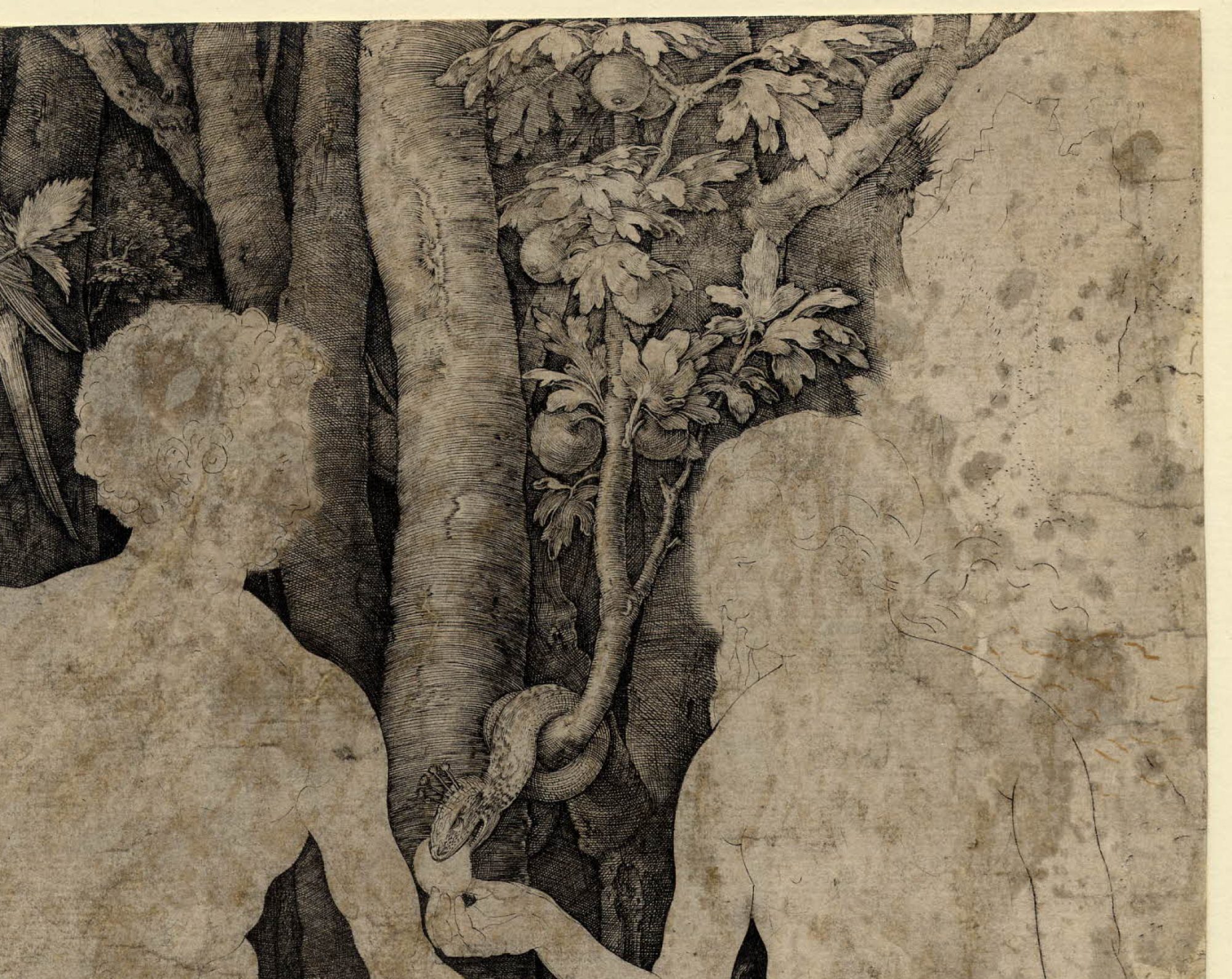Kat Hill is Lecturer in Early Modern History at Birkbeck College and works on the history of religion, identity and culture in the early modern world, specialising particularly in the Protestant Reformation and its legacies. She did her undergraduate degree, Masters and DPhil at the University of Oxford, and was a British Academy Post-Doctoral scholar at Oriel College, Oxford. Before starting her current job at Birkbeck in September 2017, she also worked as a Lecturer at UEA. She has published several articles and a monograph on Anabaptist and radical identities in the Reformation era, and her recent research on Lutheran culture after Luther’s death produced a volume in the Past and Present supplement series. Her current research examines the transitory identities of radical groups such as the Mennonites and Hutterites in the early modern world as they formed new communities, faced exile or migrated, and constructed their own historical, emotional, and cultural identities in transnational contexts.
Hannah is a historian of early modern knowledge practices, with a special focus on science and medicine in Europe. She did her undergraduate degree in her home country of Ireland (TCD), and was a Fulbright scholar for her PhD at the University of California, Berkeley before moving to England. Before moving to King’s College London in 2017, she held a Junior Research Fellowship in Oriel College, Oxford. She is currently the Senior Postdoctoral Research Fellow on the collaborative, Wellcome-funded project, Renaissance Skin at King’s College London. Hannah is currently interested in writing practices, (especially calligraphy), record-keeping and material culture, and what such sources can tell us about political culture, medicine and the body in the sixteenth century. Her book, A New Order of Medicine: The Rise of Physicians in Reformation Nuremberg, was published by University of Pittsburgh Press in 2019.
Allison Stielau is Lecturer in the History of Early Modern Art at University College London. Her focus of study is object cultures in Northern Europe, c. 1400–1700. After receiving her PhD from Yale University, she was a Postdoctoral Fellow with the Early Modern Conversions Project at McGill University. She holds a bachelor’s degree in English from Yale and a master’s degree in the History of Decorative Arts and Material Culture from the Bard Graduate Center and was a fellow at the Getty Research Institute in 2014–2015. She has published articles on leather étuis, fifteenth-century engravings of metalwork, and, most recently, on weight as a category of historical and art historical evidence. Her current work concerns metallic transformation, from the representation of Ovidian metamorphosis on seventeenth-century silver vessels, to the conversion of coins into printed illustrations.
Róisín Watson
Róisín is a Departmental Lecturer in Early Modern History at the University of Oxford. Her research concentrates on the visual and material expressions of religious identity during the German Reformation. She received her undergraduate and master’s degrees from Oxford before moving to St Andrews to pursue doctoral work. Since submitting her PhD she has been a postdoctoral fellow at the Society for Renaissance Studies and at the Leibniz-Institut für europäische Geschichte in Mainz. Róisín is interested in the ways in which visual cultures intersected with the construction of early modern European communities, the creation and consolidation of confessional memory, and the interplay between civic culture and confessionalisation. She has contributed a piece on Lutheran funeral monuments to the volume in the Past & Present supplement series on Lutheran culture (2017). She is also thinking about early modern shells and grotto construction.
